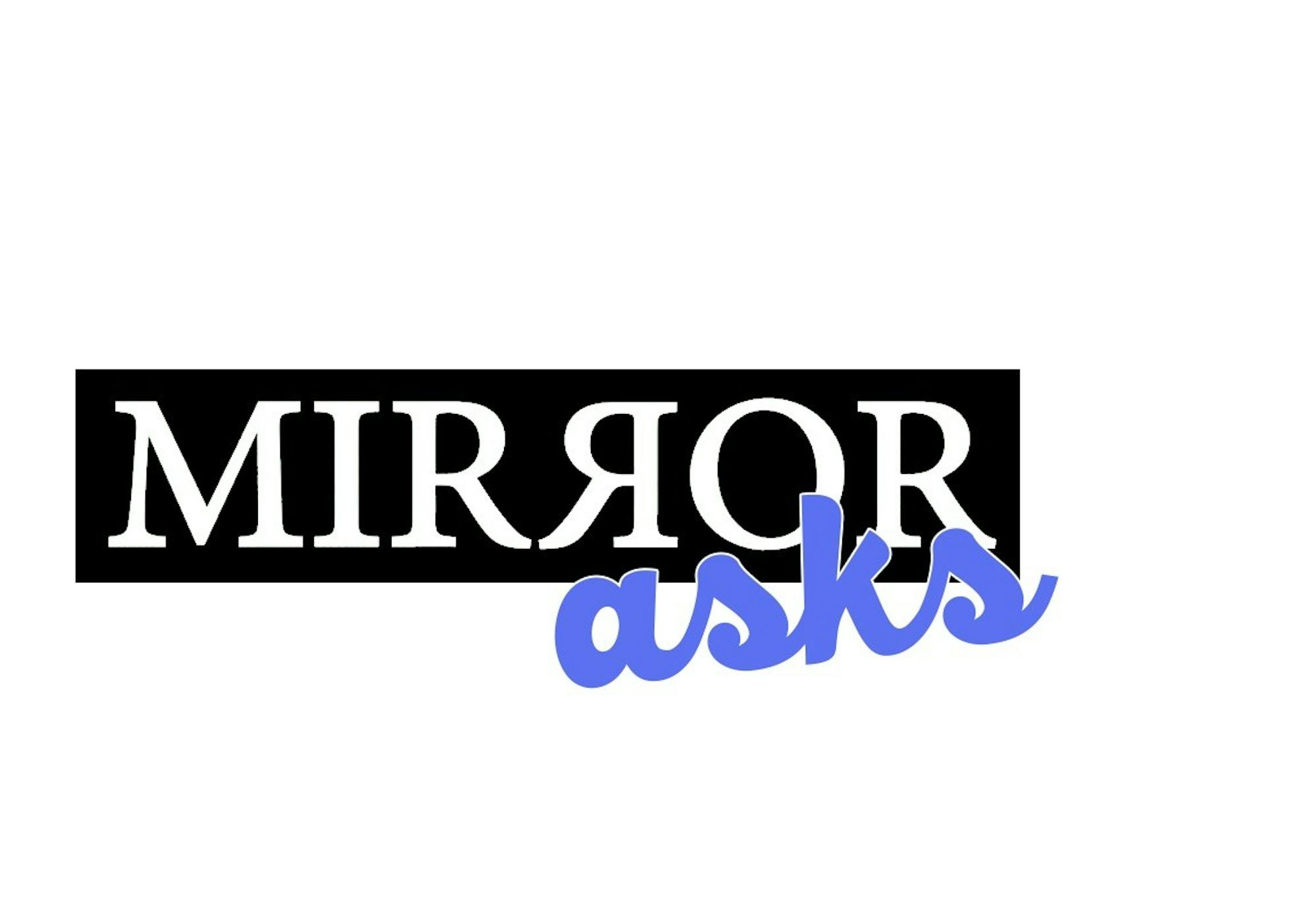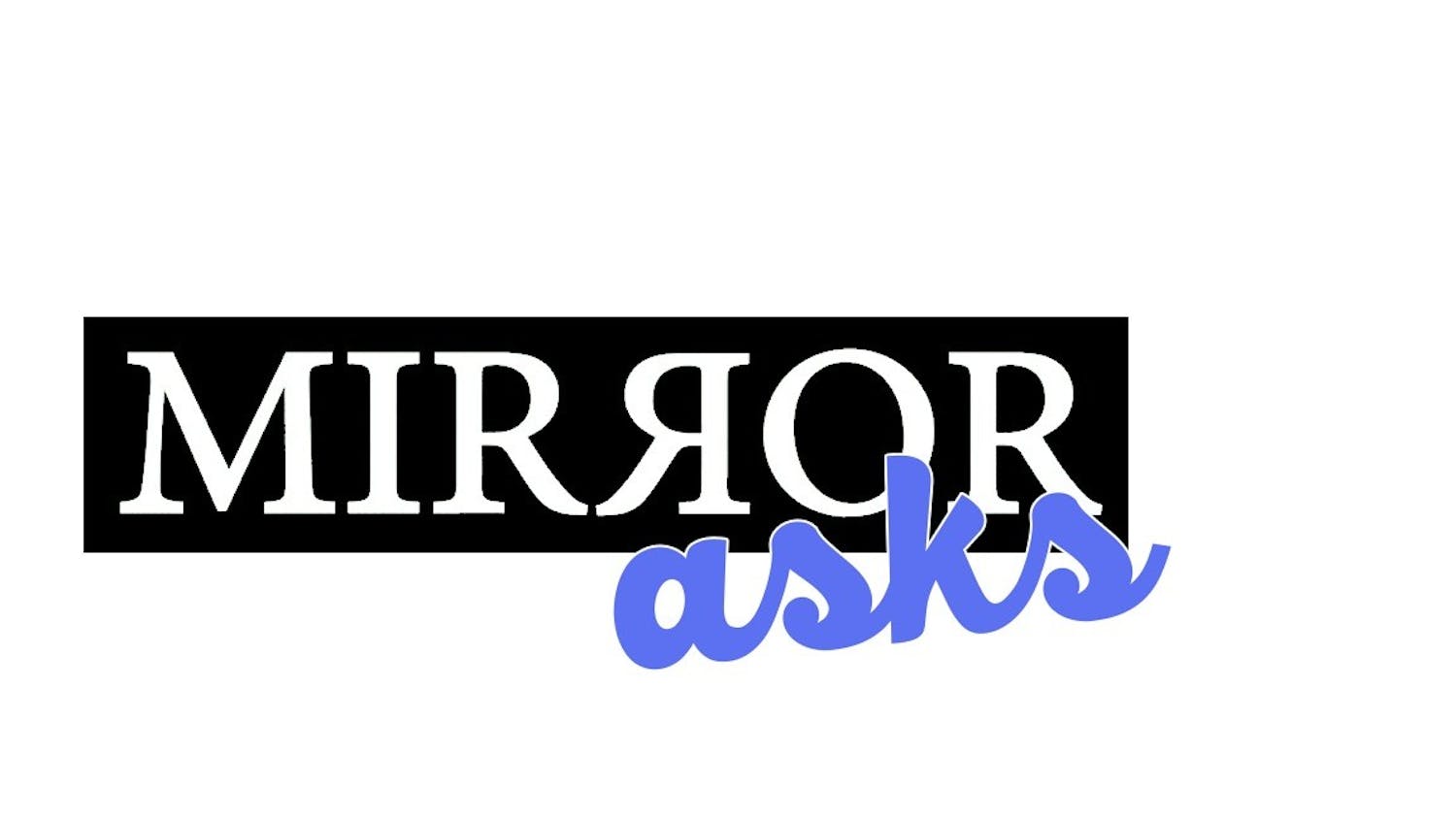Do you believe in any legends or myths?
Christina Baris ’22: I’m extremely gullible. My brother once convinced me that the Eiffel Tower was moved to Florida (I was seven, though). I also believe in aliens, for sure.
Anne Johnakin ’23: I don’t think so. I can appreciate them as stories, but I don’t put much stock in myths.
George Gerber ’23: I so desperately want the Loch Ness Monster to be real. Nessie, I know you’re out there...
Angelina Scarlotta ’23: I personally don’t believe in any. However, this town a couple over from mine is nationally known as a habitat for Bigfoot, so I’ve kind of grown up around them.
Sophie Bailey ’22: I’m a spiritual person. I believe in existence beyond life and death, and some creatures that fall in between.
Elizabeth Whiting ’21: I probably believe in plenty of urban myths and legends, but I’m not even aware that they’re legends or myths, so I’ll have to get back to you as I learn about them.
What, in your opinion, constitutes “fake news?”
CB: Anything that is fabricated, poorly researched or inherently biased.
AJ: I think there’s a big difference between fake news and news that is biased or news that you don’t like. Fake news is created with malicious intent to misinform and manipulate its readers.
AS: “Fake news” constitutes any piece of journalism that is not the truth. I think “fake news” often is conflated with biased news, and it should be clear that they are not the same. One is blatantly a lie, and the other is the truth skewed to a certain audience.
SB: Intentional reporting so as to skew factual events or quotes and present them as fact in a manner that is decontextualized all the way to bald-faced lying. Presenting opinion as fact.
EW: Fake news is news that diverges from the truth or misportrays things to benefit an agenda. I feel like often fake news comes in the form of gossip or hearsay. Fake news can also be news so rife with bias that it poorly conveys true events or circumstances.
Do you think political polarization is a problem?
CB: I think that it becomes an issue when people refuse to even listen to those with different opinions.
AJ: Definitely. I think one of the main issues it causes is an unwillingness to have a conversation with the other side. If you discount another party how will anything ever get done?
GG: Definitely. Today it seems that just about everything is a polarized issue. It’s gotten so bad that I don’t see many compromises anymore, and many voters aren’t thinking for themselves.
AS: Political polarization is a clear issue in U.S. politics. The parties are so focused on their disagreements that they hardly consider the subjects on which they agree.
SB: Yes. I’m certainly resolute in my beliefs that I am sure not everyone shares, but there can be no productive effort made within the government without collaboration, much less compromise.
EW: Absolutely. I think politics currently depends more on party affiliation than on actual quality of character of political figures. I feel political parties have more power by mere association than any other element of government. Political polarization is absolutely a problem. Neither party is pure evil. The only way we learn is by carefully and patiently discussing political topics, not through essentializing political parties to antagonize one another.
How important is the truth to you?
CB: An ugly truth is always better than a pretty lie, in my opinion.
AJ: The truth is very important to me. I seek out honesty all the time, whether it be in my relationships, the news I consume or anything else in my life.
GG: Definitely. Today, it seems that just about everything is a polarized issue. It’s gotten so bad that I don’t see many compromises anymore, and many voters aren’t thinking for themselves.
SB: Essentially important. When everyone’s experiences and perspectives skew their judgement, being able to rely on something concrete and real is essential to grounding our lives in reality.
EW: The truth is important to me, but as my friend once said, “Everybody has their own truth.” Because we perceive everything through our own experiences, every truth we know is subjective. I try to understand and recognize my own truth as it relates to the truths of others. Hopefully that’s not too meta.
How often do you read the news?
CB: I get push notifications from news apps, so I’d say daily.
AJ: Pretty much every day. If I’m not reading the news, I’m at least scrolling on Twitter to find out what’s going on.
GG: I’ll take a peek when a headline pops up on my phone, but not much more than that.
AS: I get the New York Times Morning Briefing in my inbox every morning, so I read that. If there are bigger stories going on, I’ll follow those more closely.
SB: At least once every other day. The number of articles I read depends on how much I have going on or what’s going on in the world.
EW: I read an article or two from the newspaper every day, but often the articles don’t really constitute real news.




